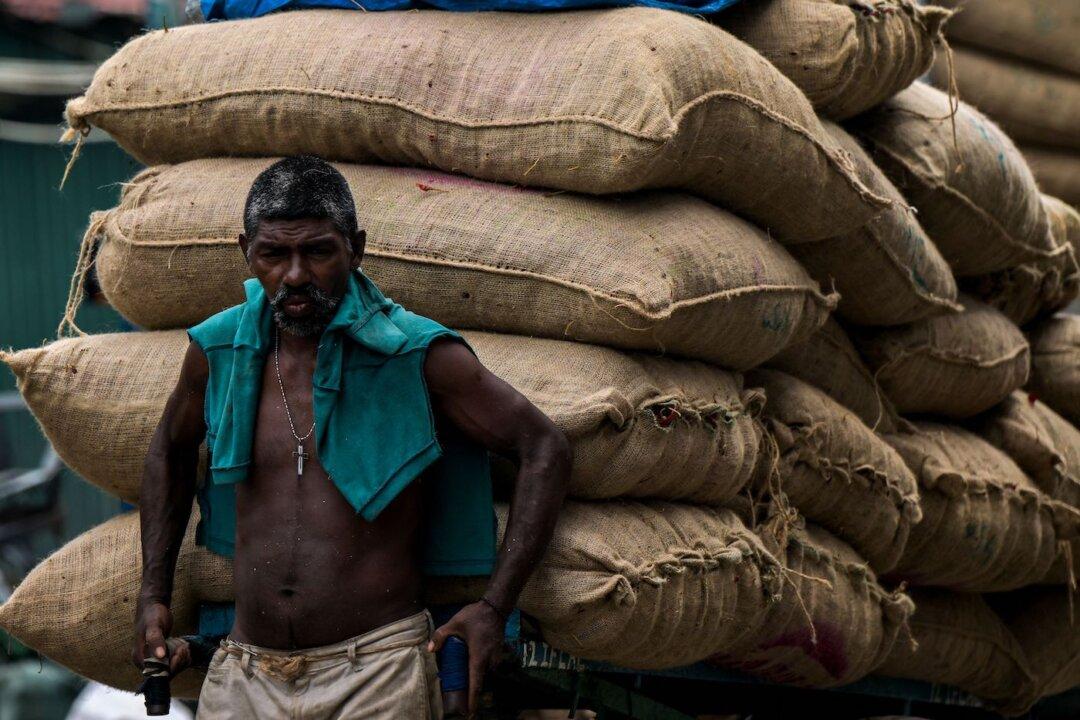China has reportedly offered Sri Lanka a two-year debt moratorium as “an immediate contingency measure” to support Sri Lanka in securing a $2.9 billion bailout package from the International Monetary Fund (IMF).
In a letter sent to Sri Lanka’s Finance Ministry on Jan. 19, the Export-Import Bank of China said that it would grant a delay on the debt service due in 2022 and 2023, as well as a suspension on loan interest repayment.





